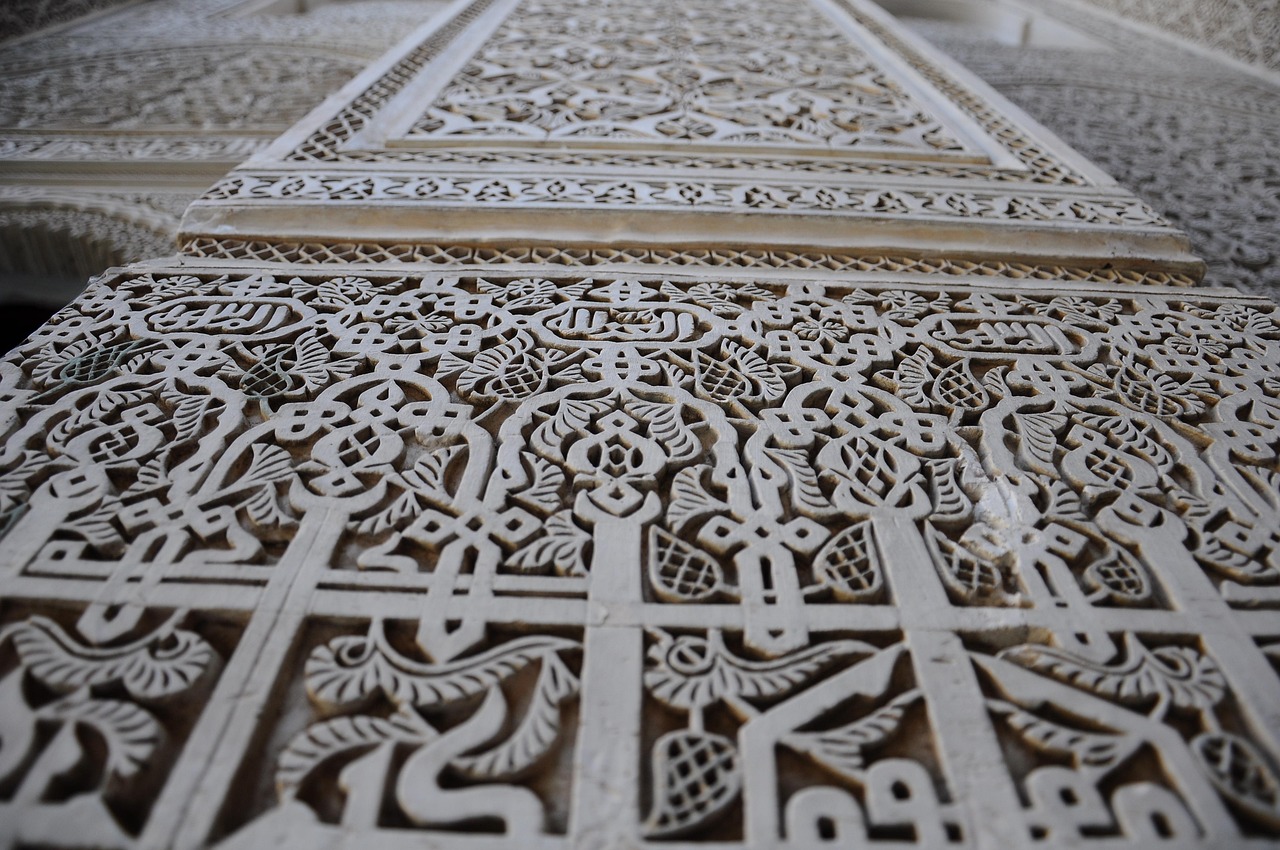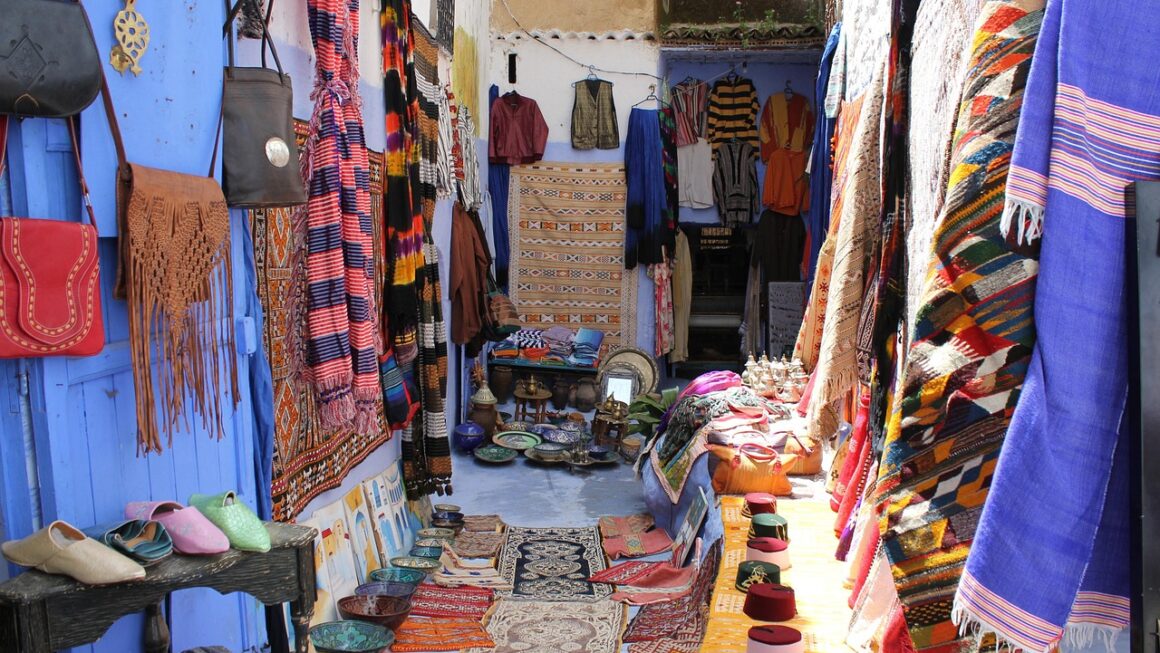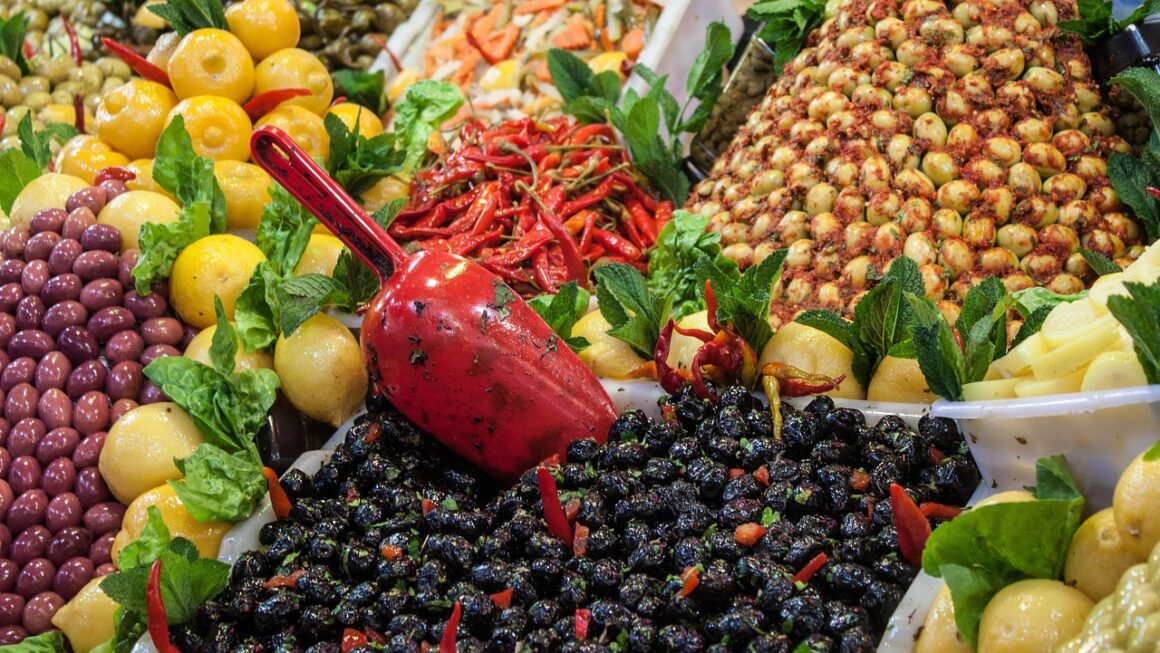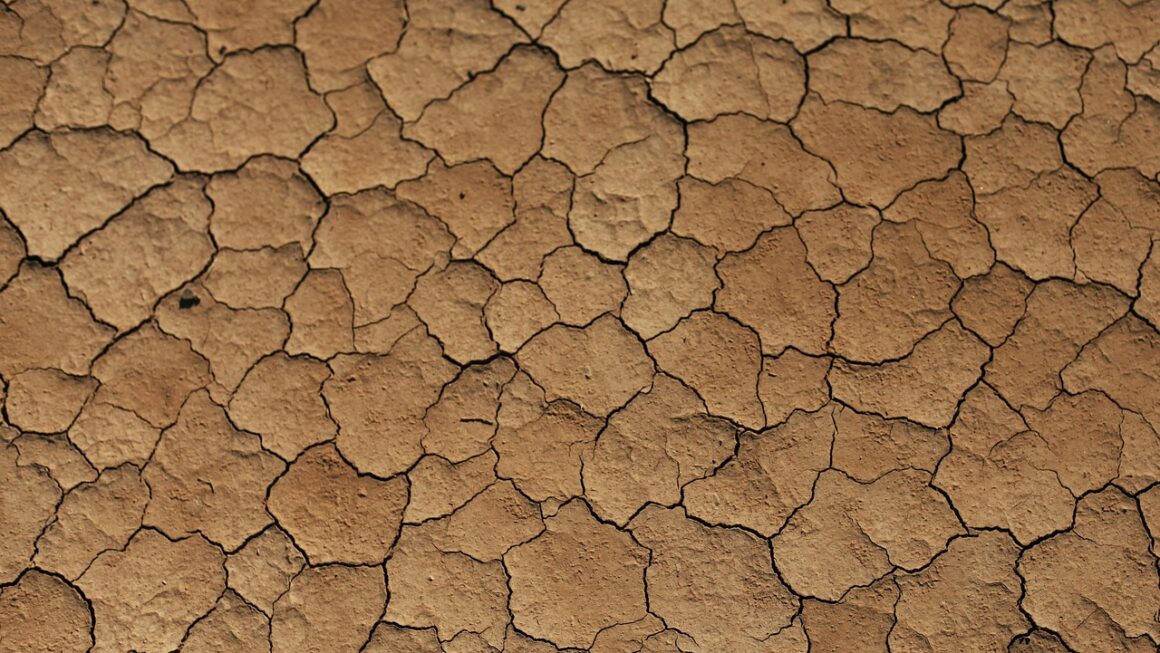Moroccan literature, a vibrant tapestry woven from Berber oral traditions, Arabic influences, and European encounters, offers a rich and diverse landscape for literary enthusiasts. From ancient folktales to contemporary novels exploring identity and social issues, Moroccan authors have consistently contributed to the global literary stage. This blog post delves into the captivating world of Moroccan literature, exploring its history, key themes, prominent authors, and the challenges it faces in the modern era. Join us as we uncover the literary treasures of Morocco and discover the unique voice of its storytellers.
A Historical Overview of Moroccan Literature
Early Influences and Oral Traditions
Moroccan literature’s roots lie deep within its ancient Berber oral traditions. Passed down through generations, these stories, poems, and songs formed the cornerstone of Moroccan culture long before the written word gained prominence.
- Key features of early Moroccan literature:
Focus on storytelling and communal experiences.
Use of proverbs, riddles, and poetry for education and entertainment.
Emphasis on moral lessons and cultural values.
Performance-based with music and dance often integrated.
The arrival of Islam in the 7th century brought with it the Arabic language and a flourishing of Islamic scholarship. This period saw the emergence of religious texts, historical chronicles, and poetry in Arabic, which gradually began to influence the existing Berber traditions.
The Golden Age and Andalusian Influence
The period between the 11th and 13th centuries, coinciding with the Almoravid and Almohad dynasties, is considered a golden age for Moroccan literature. The close ties with Andalusia (Islamic Spain) fostered a cultural exchange, introducing sophisticated forms of poetry and prose to Morocco.
- Significant developments during this era:
Development of Andalusian-style poetry (muwashshahat and zajal).
Flourishing of intellectual centers in cities like Fez and Marrakesh.
Production of important historical and geographical texts.
Influence of Sufism on literary themes and expression.
Examples of prominent figures from this period include Ibn Bajja (Avempace), a philosopher and writer whose works influenced European thought, and Ibn Tufail (Abubacer), the author of “Hayy Ibn Yaqzan,” a philosophical novel that explores themes of self-discovery and reason.
Colonialism and the Rise of Modern Literature
The French protectorate (1912-1956) had a profound impact on Moroccan literature. While the colonial administration suppressed Arabic language and culture in some ways, it also introduced new literary forms and ideas. This period saw the emergence of a modern Moroccan literature that grappled with issues of identity, nationalism, and resistance.
- Impact of colonialism on Moroccan literature:
Introduction of the novel and short story as literary forms.
Development of a literature of resistance and national liberation.
Exploration of the clash between traditional Moroccan culture and Western values.
Emergence of bilingual writers who wrote in both Arabic and French.
Early pioneers of modern Moroccan literature include Mohammed Dib, known for his novels depicting the lives of ordinary Moroccans under colonial rule, and Abdelkrim Ghallab, whose works explored themes of national identity and social justice.
Key Themes in Moroccan Literature
Identity and Belonging
A central theme in Moroccan literature is the search for identity and belonging, particularly in the context of colonialism, post-colonialism, and globalization. Many Moroccan writers explore the complexities of being caught between tradition and modernity, East and West.
- Examples of how this theme is explored:
Characters struggling to reconcile their Moroccan heritage with Western influences.
Exploration of the Berber identity and its relationship to Moroccan national identity.
Examination of the experiences of Moroccan immigrants in Europe and elsewhere.
For example, Tahar Ben Jelloun’s novels often delve into the experiences of Moroccan immigrants in France, exploring themes of alienation, cultural displacement, and the search for a sense of belonging.
Social Justice and Inequality
Moroccan literature frequently addresses issues of social justice and inequality, highlighting the challenges faced by marginalized communities and advocating for social reform.
- Aspects of social justice explored in literature:
Poverty and economic inequality
Gender inequality and the status of women
Political corruption and authoritarianism
The plight of refugees and migrants
Fatima Mernissi, a renowned Moroccan feminist writer and sociologist, challenged traditional gender roles and advocated for women’s rights in her influential works, such as “Beyond the Veil: Male-Female Dynamics in a Modern Muslim Society.”
Memory and History
The past plays a crucial role in shaping the present in Moroccan literature. Writers often revisit historical events and collective memories to understand contemporary challenges and to reclaim their cultural heritage.
- Ways in which memory and history are represented:
Revisiting the colonial era and its impact on Moroccan society.
Exploring the legacy of political repression and human rights abuses.
Reclaiming Berber history and culture.
Preserving and transmitting traditional stories and folktales.
Driss Chraïbi, known for his satirical and critical novels, often used humor to expose the hypocrisy and injustices of Moroccan society, drawing on historical events to comment on contemporary issues.
Prominent Moroccan Authors and Their Works
Classic Figures
Several authors have left an indelible mark on Moroccan literature, shaping its trajectory and influencing generations of writers.
- Mohammed Dib (1920-2003): Known for his trilogy “Algérie,” which depicts the lives of ordinary Algerians under French colonial rule. Although Algerian, his work had a significant impact on Moroccan writers exploring similar themes.
- Driss Chraïbi (1926-2007): A prolific novelist whose works satirized Moroccan society and challenged traditional values. His famous novels include “The Simple Past” and “Succession Open.”
- Abdelkrim Ghallab (1919-2017): A leading figure in Arabic literature in Morocco, known for his novels that explored themes of national identity and social justice.
Contemporary Voices
Contemporary Moroccan authors are pushing the boundaries of literary expression, exploring new themes and experimenting with innovative forms.
- Tahar Ben Jelloun (born 1944): One of Morocco’s most internationally acclaimed writers. His novels, such as “The Sand Child” and “This Blinding Absence of Light,” explore themes of identity, exile, and the human condition.
- Leïla Slimani (born 1981): Winner of the Prix Goncourt for her novel “Chanson Douce” (The Perfect Nanny), Slimani is a rising star in French literature. Her works often explore themes of motherhood, class, and social issues.
- Abdellah Taïa (born 1973): A groundbreaking writer and filmmaker whose works explore themes of homosexuality, identity, and social marginalization in Morocco.
Challenges and Opportunities for Moroccan Literature
Language and Translation
The linguistic diversity of Morocco presents both challenges and opportunities for its literature. While Arabic and French are the dominant languages of literary expression, Berber languages are also gaining recognition.
- Challenges:
Limited access to international audiences for works written in Arabic or Berber.
The need for high-quality translations to reach wider readership.
The marginalization of Berber languages in literary production.
- Opportunities:
Enriching Moroccan literature with diverse perspectives and voices.
Promoting cultural exchange through translation initiatives.
Preserving and revitalizing Berber languages through literature.
Publishing and Distribution
The publishing industry in Morocco faces several challenges, including limited funding, inadequate infrastructure, and a lack of readership.
- Addressing these challenges:
Supporting independent publishing houses and literary journals.
Promoting reading through educational programs and public awareness campaigns.
Investing in libraries and cultural centers.
Utilizing digital platforms to reach wider audiences.
Promoting Moroccan Literature Globally
Efforts are needed to promote Moroccan literature on the global stage and to ensure that Moroccan voices are heard in international literary circles.
- Strategies for global promotion:
Supporting the translation of Moroccan works into other languages.
Organizing literary festivals and events that showcase Moroccan authors.
Establishing cultural exchange programs with other countries.
* Promoting Moroccan literature through online platforms and social media.
Conclusion
Moroccan literature offers a window into a complex and fascinating culture. From its ancient oral traditions to its contemporary explorations of identity and social issues, Moroccan writers have consistently enriched the global literary landscape. While challenges remain, the future of Moroccan literature is bright, with a new generation of writers emerging to tell their stories and to share their unique perspectives with the world. By supporting Moroccan authors, promoting their works, and fostering cultural exchange, we can help to ensure that Moroccan literature continues to thrive and to inspire readers for generations to come.




